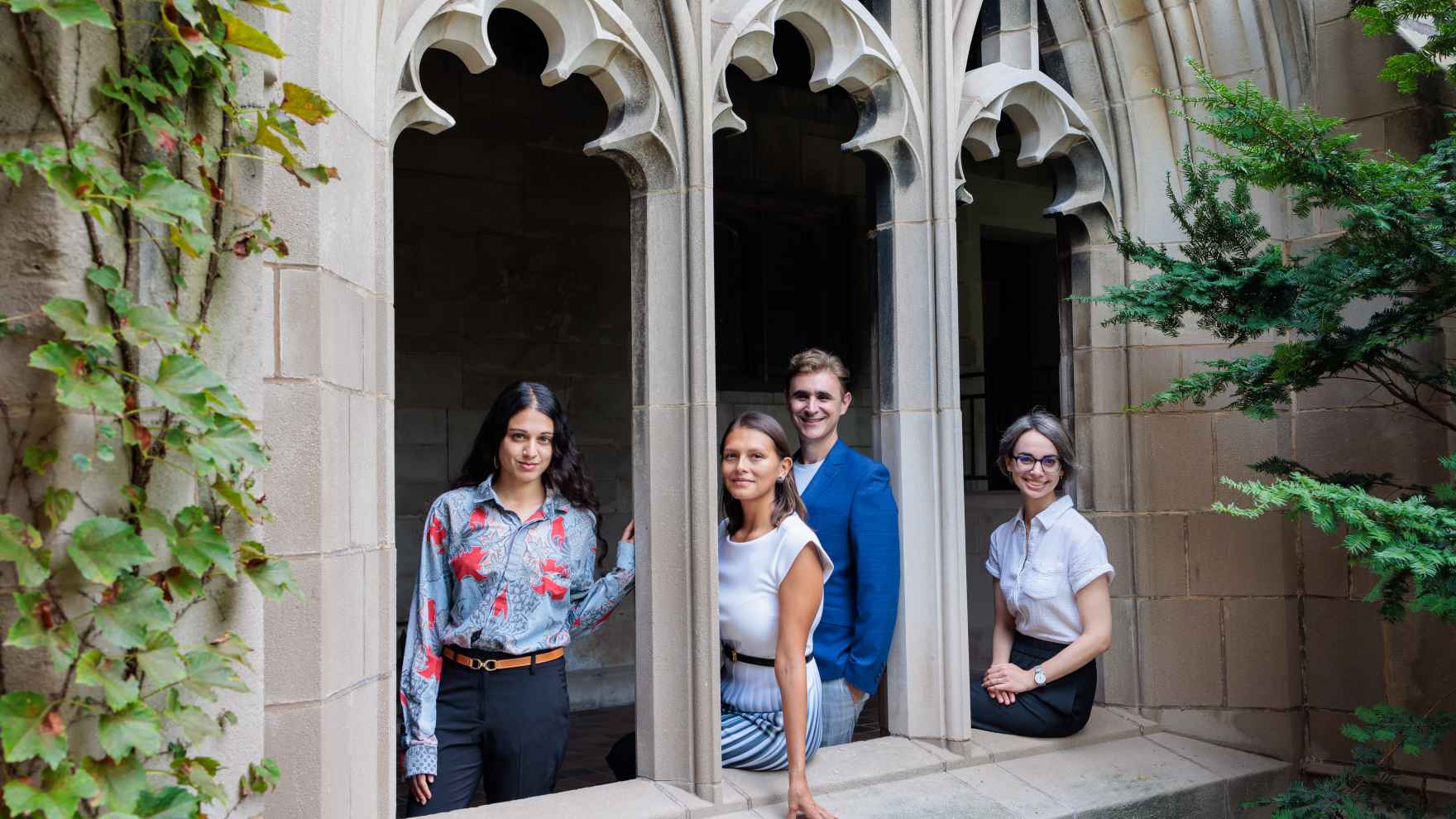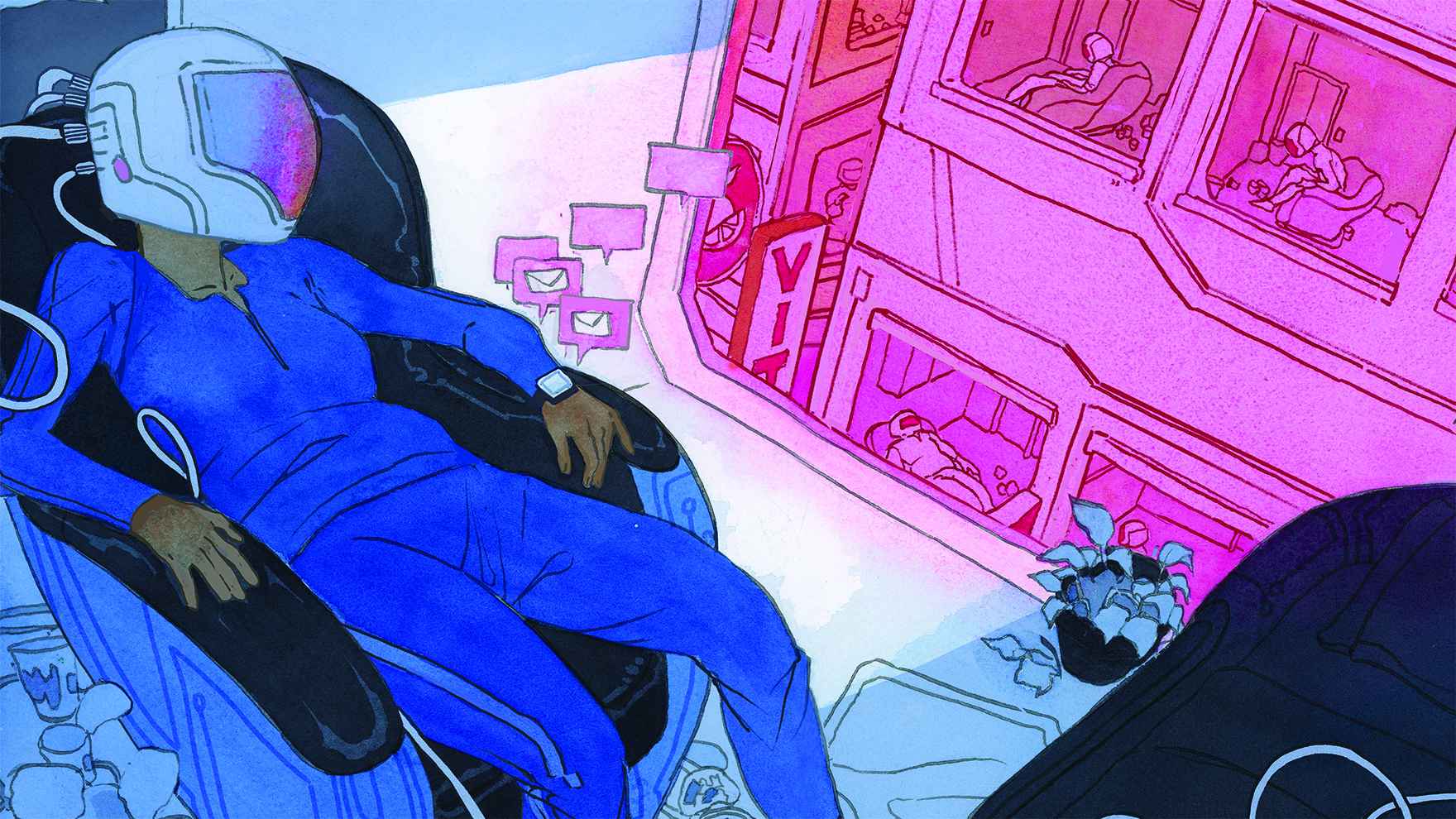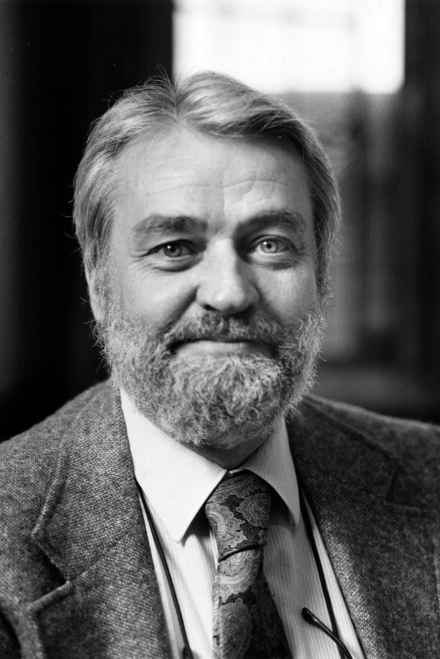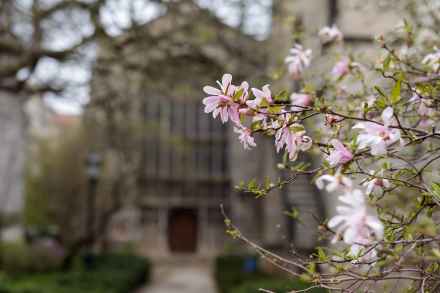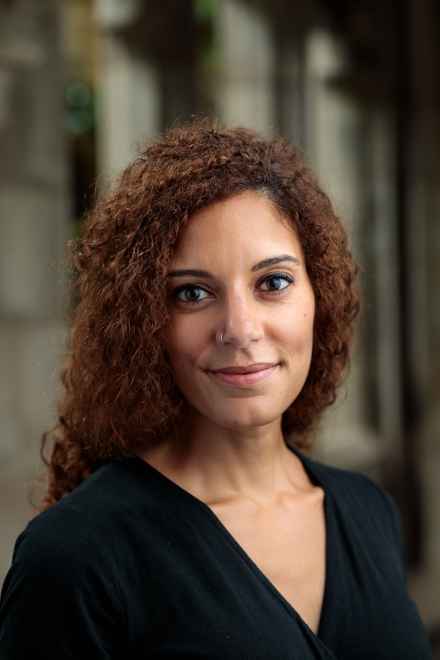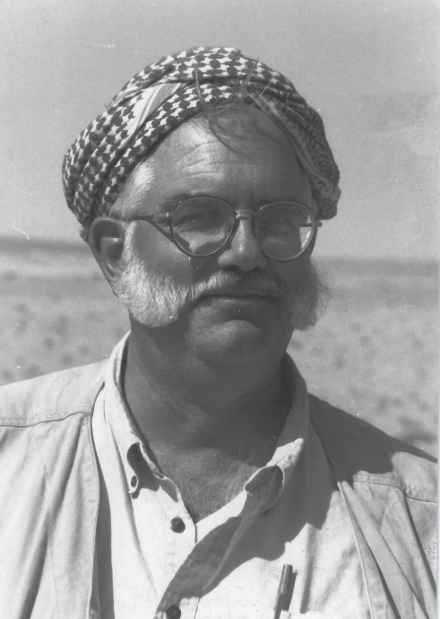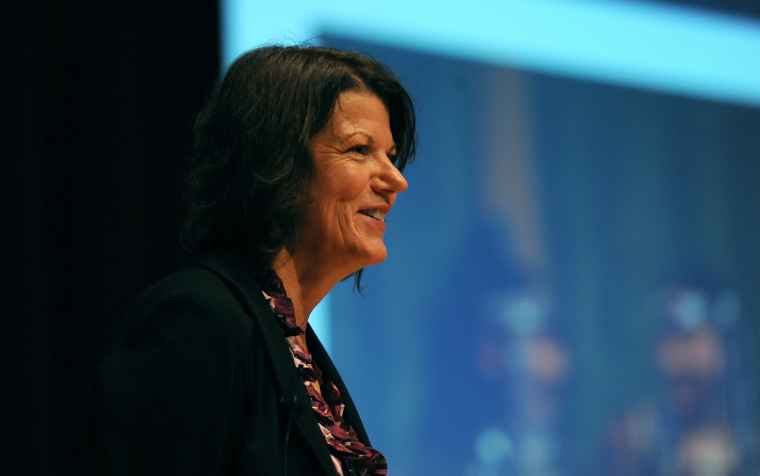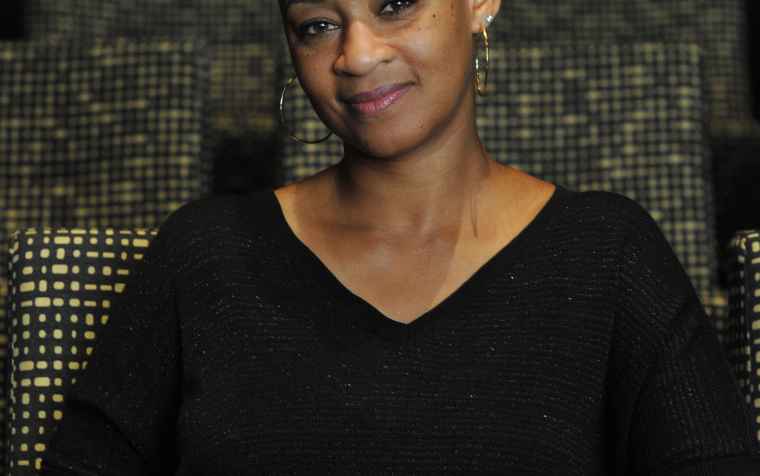W. Ralph Johnson, pre-eminent UChicago critic of Latin poetry, 1933‒2024
Prof. Emeritus W. Ralph Johnson, a distinctive critic of Latin poetry and the renowned University of Chicago author of multiple books on Latin and comparative literature, passed away on April 13. He was 90.
Through his scholarship, Johnson showed an uncanny ability to draw the reader into the text by his own deep appreciation of both the author’s and the reader’s concerns. Many of his colleagues believed that he achieved the highest level of literary criticism for Latin scholars of his generation, and said he helped make UChicago the “crucial center of classical studies that it is today.”
Two Humanities scholars elected to the American Academy of Arts and Sciences in 2024
Six members of the University of Chicago faculty, which include two from the Division of the Humanities, have been elected to the American Academy of Arts and Sciences, one of the nation’s oldest and most prestigious honorary societies. They include Profs. Diane Brentari, Bonnie T. Fleming, Chuan He, Erik Hurst, Deborah L. Nelson and Amir Sufi.
These scholars have made breakthroughs in fields ranging from linguistics to particle physics to fundamental biology. They join the 2024 class, announced April 24, which includes 250 artists, scholars, scientists, and leaders in the public, nonprofit and private sectors.
UChicago scholar wins National Book Critics Circle Award
Asst. Prof. Tina Post’s scholarship delves into racial performativity, especially the ways that Black Americans present their racial identity. For her distinctive perspectives about blackness and expressionlessness, Post recently received the National Book Critics Circle Award in the category of Criticism for her first book, Deadpan: The Aesthetics of Black Inexpression (2022). The National Book Critics Circle recognizes outstanding writing and cultivates a national conversation annually about its winners’ work.
It is unusual that scholars receive such a nationally prominent award for their first books. This award comes after Post received the Association for the Study of Arts of the Present Best Book Prize for Deadpan in December 2023.
“At the broadest level, I want to complicate how blackness is interpreted,” Post said.
Donald Whitcomb, renowned scholar of Islamic archaeology, 1944‒2024
Donald Whitcomb was a pioneering scholar in the field of Islamic archaeology, who investigated its history through numerous excavations across the Middle East while also training generations of University of Chicago students in archaeological fieldwork.
A member of the University of Chicago community for more than four decades, he was also a trusted mentor who created master’s and doctoral programs in Islamic archaeology at UChicago. Whitcomb, PhD’79, a research associate at the Institute for the Study of Ancient Cultures (ISAC) and associate professor at the Department of Near Eastern Languages and Civilizations (NELC), died on Feb. 8 in Chicago at age 79.

